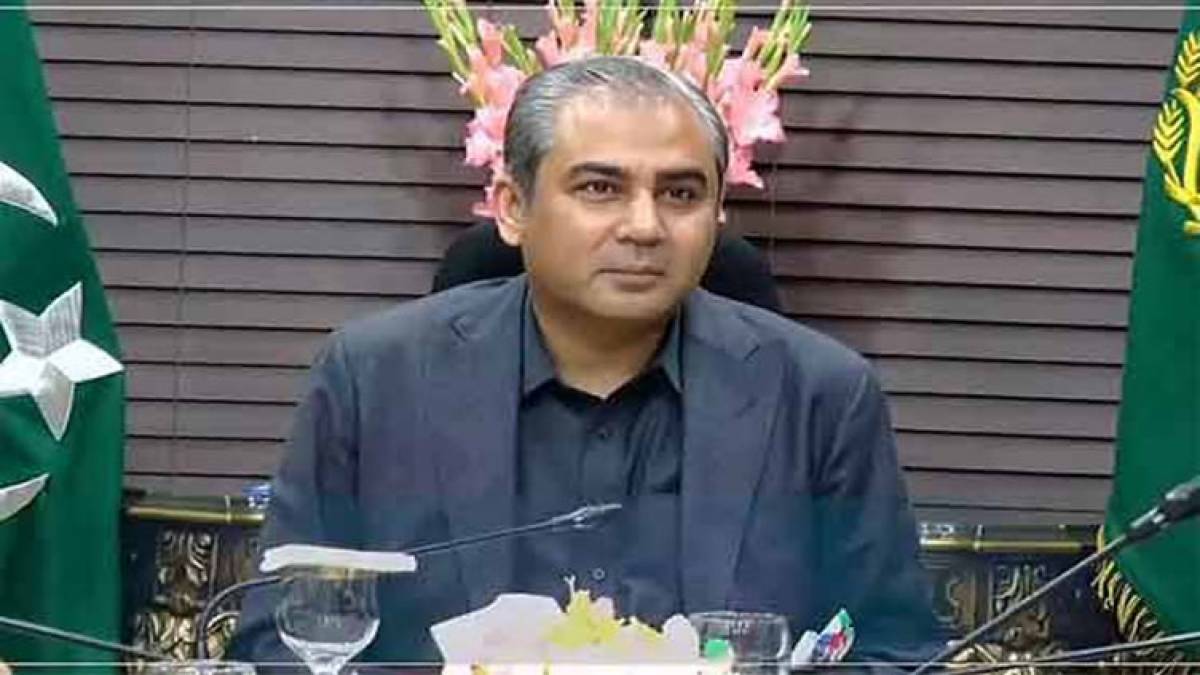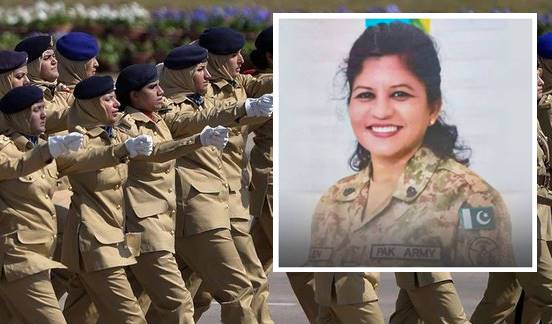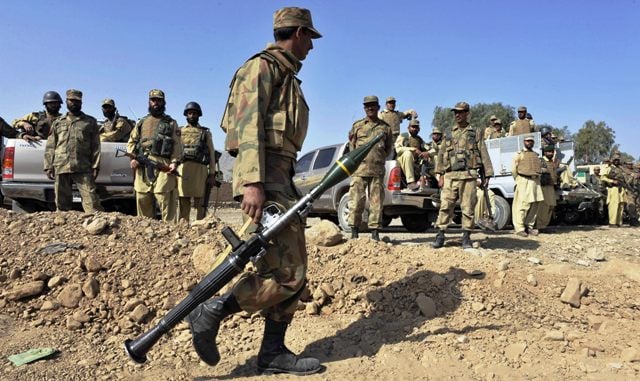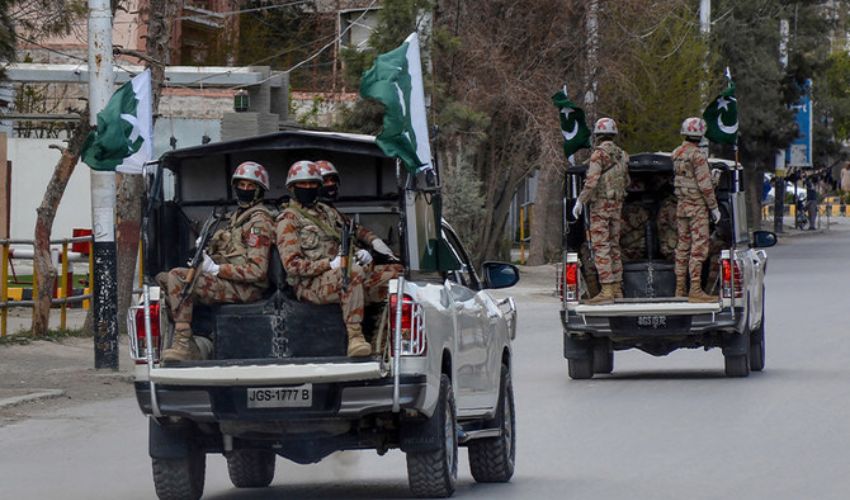PTBP Web Desk
Federal Interior Minister Mohsin Raza Naqvi has praised the armed forces of Pakistan, intelligence agencies, and national leadership for their remarkable role in Pakistan’s victory during the May war against India. Speaking at a seminar titled “Global Impacts of Pakistan’s Military and Diplomatic Victories over India” at Aiwan-e-Iqbal on Sunday, Naqvi said that every move of the enemy was intercepted in advance, reflecting Pakistan’s preparedness and unity in the face of aggression.
The interior minister emphasized that the current political and administrative setup in Pakistan must continue to ensure stability and sustainable progress. He credited both civil and military leadership for showing courage, foresight, and resilience during the conflict.
He noted that one of the government’s biggest challenges was to provide evidence of Pakistan’s defensive actions to the international community. Within minutes of the successful operation against Indian jets, images and videos of the wreckage were made public. According to Naqvi, this quick release of evidence strengthened Pakistan’s global stance and countered India’s claims effectively.
In his address, Naqvi paid tribute to the “hidden soldiers” of Pakistan — intelligence officials and professionals working silently to defend the nation. He said that Pakistan witnessed divine help during the war, citing examples of seven Indian missiles fired at a Pakistani base that failed to strike their target.
“Faith, belief, and determination are weapons that invite the help of Allah,” Naqvi remarked. He added that Chief of Army Staff Field Marshal General Asim Munir led with courage and conviction, responding to Indian aggression decisively. Pakistan’s armed forces, he said, successfully struck multiple Indian targets and achieved their objectives.
Naqvi drew attention to the unity of Pakistan’s civil and military leadership, in contrast to India’s conflicting narratives during the conflict. He recalled how Indian officials, including Ajit Doval and Amit Shah, orchestrated what he described as Prime Minister Narendra Modi’s “drama” of aggression, which ultimately exposed India before the world.
The minister highlighted that Pakistan’s narrative resonated globally, while India’s delegation struggled to defend its actions on international platforms. He praised PPP Chairman Bilawal Bhutto Zardari for raising Pakistan’s voice at the global stage during this period, which strengthened the country’s diplomatic standing.
Naqvi recalled a meeting with a Saudi delegation during the war, where Field Marshal Asim Munir used a symbolic comparison: India as a “shining car” and Pakistan as a “loaded dumper.” He explained that when the two collide, the heavier dumper prevails. This analogy, according to Naqvi, perfectly captured the determination and resilience of Pakistan.
The minister accused India of openly sponsoring terrorism in Pakistan, particularly in Balochistan and Khyber Pakhtunkhwa. He stressed that Pakistan has concrete evidence of India’s involvement in destabilizing activities, which will continue to be presented at global forums.
Naqvi reaffirmed Pakistan’s commitment to supporting the Kashmiri people in their struggle for self-determination. He said that Pakistan would not rest until India fulfills the promises it once made under United Nations resolutions.
Despite international pressure after the downing of Indian jets, Prime Minister Muhammad Shehbaz Sharif and Field Marshal Asim Munir stood firm. Their response sent a strong message of resilience to India and demonstrated Pakistan’s refusal to compromise its sovereignty.
Naqvi stressed that national unity, demonstrated by all political parties during the conflict, was a key factor in Pakistan’s success. He said this unity must continue, as internal stability is vital for both security and development.
The interior minister concluded his remarks by emphasizing that the continuity of the current political and administrative system is necessary for Pakistan’s long-term stability. By maintaining unity, strengthening institutions, and countering external threats, Pakistan can ensure progress and prosperity.
He urged the people of Pakistan to remain steadfast and support their leadership in countering aggression and defending national sovereignty.




